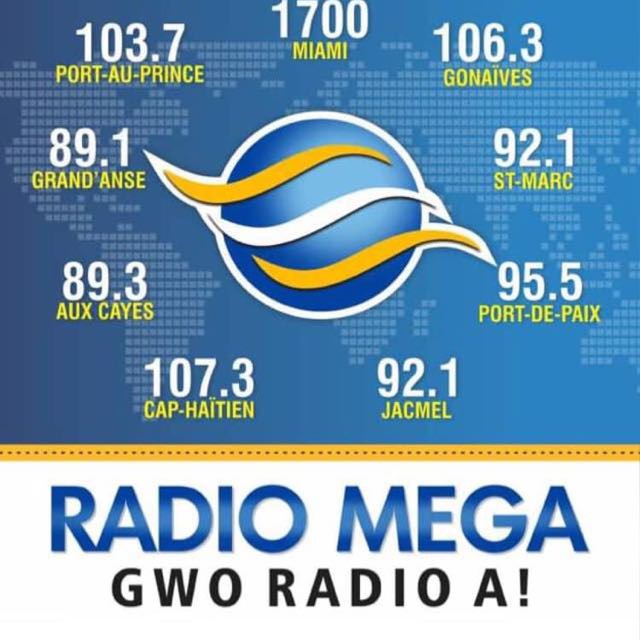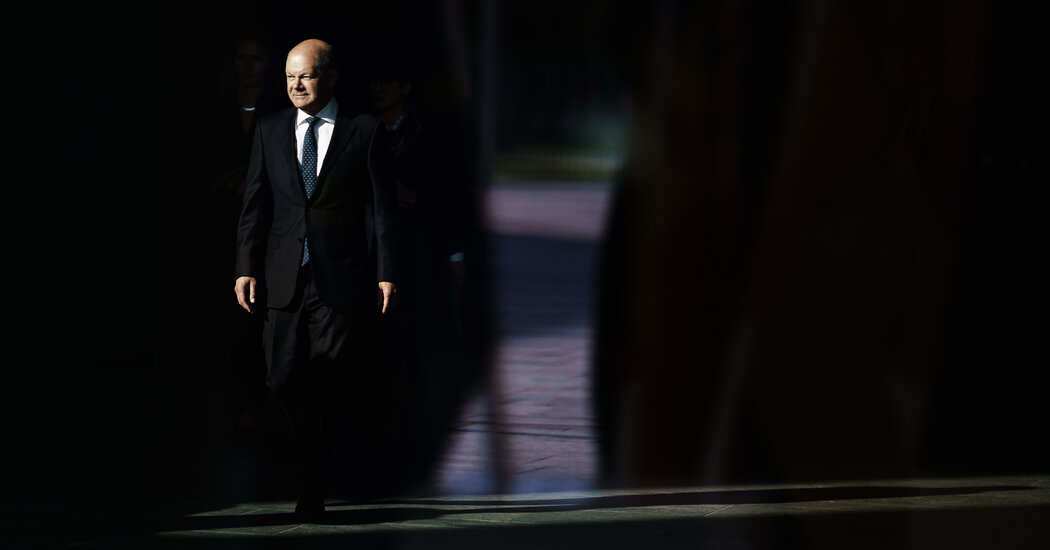BERLIN — Germany understood the entice of strategic vulnerability that it had laid for itself in relying so closely on Russian gasoline solely after Moscow invaded Ukraine and turned off the spigot. However whether or not that lesson has been absolutely absorbed could also be examined elsewhere: China.
As Chancellor Olaf Scholz prepares for his first go to to Beijing on Thursday, a planeload of executives in tow, Germany’s intelligence chiefs and allies are warning him towards pursuing enterprise as typical with a China that’s saber-rattling within the Taiwan Strait. Have been tensions to escalate, Europe’s strongest democracy might be uncovered to financial coercion.
More than a million German jobs rely immediately on China, and lots of extra not directly. Almost half of all European investments in China are from Germany and almost half of German manufacturing companies depend on China for some a part of their provide chain.
And Germany’s dependence on China is extra complicated than that on Russia: Along with China’s export market, German business additionally depends on China for uncooked supplies and applied sciences essential for the transition to a carbon-neutral economic system. From photo voltaic modules to batteries for electrical automobiles, China is essential.
“When folks discuss China, they are saying, ‘Russia is the storm, China is local weather change,’” stated Thomas Haldenwang, the president of Germany’s home intelligence company. “We can’t permit a scenario the place the Chinese language state can affect political occasions in Germany, presumably by way of essential infrastructure.”
But Germany is edging in that route — and at a second when President Xi Jinping has simply secured a 3rd time period with better emphasis on China’s safety pursuits and threats from the West, warning of “harmful storms” on the horizon.
Even so, forward of his journey, Mr. Scholz has been quietly engineering a compromise to permit Cosco, a Chinese language state-owned delivery firm, to purchase a stake of as much as 25 % in a container-handling terminal in Hamburg port, Germany’s most essential.
The funding, down from Cosco’s unique proposal of 35 %, was opposed by six of his ministries and each the home and overseas intelligence chiefs.
They fear that Cosco’s stake might be weaponized by Beijing, whose state-owned corporations already maintain sway over different essential infrastructure and expertise, together with a stake within the Wilhelmshaven port and the cellular community of the German railway firm, and in 2016 purchased what was then Germany’s largest robotics agency, Kuka.
As if to show their level, German politicians say, Cosco threatened to take its enterprise elsewhere if its bid was turned down. It’s the Hamburg port’s greatest consumer, and already owns stakes in ports within the Netherlands, Belgium, Spain and Italy. It additionally owns two-thirds of the port of Piraeus in Greece and even some stakes in ports in the US.
“The blackmail is already in full swing,” stated Norbert Röttgen, a conservative member of the German Parliament’s overseas affairs committee and outspoken China hawk. “It’s one other constructing block of Chinese language affect in Germany.”
In a terse assertion this week, Cosco cautioned that the Hamburg deal was nonetheless unsure. “There isn’t any assurance that the transaction will happen or when it might happen,” it stated.
Mr. Scholz, a former mayor of Hamburg whose successor is among the noisiest advocates for the Cosco bid, has thus far been silent on the matter.
The bid has develop into a take a look at case of the chancellor’s fledgling China technique — and Germany’s willingness to pay an financial value for extra strategic independence.
For many years, Germany’s postwar identification was that of a peaceable exporting nation, thriving on low-cost Russian gasoline imports and ever-growing gross sales to its largest buying and selling companion, China. That mannequin made Germany the most important and most influential economic system in Europe.
Angela Merkel, Mr. Scholz’s predecessor, visited China a dozen instances throughout her 16 years as chancellor, every time accompanied by dozens of executives. Exports to China helped raise Germany out of mass unemployment within the early years of her chancellorship, and cushioned the blow of the monetary disaster years later. In contrast to in the US, the place China’s financial rise led to industrial decline and job losses, within the export nation of Germany, it created development.
Even earlier than the battle in Ukraine, Germany’s China coverage was ripe for evolving from the mercantilist smooth contact of the Merkel period. In 2019, the Federation of German Industries, or B.D.I., revealed a coverage paper warning that the nation’s liberal, open mannequin was more and more in competitors with China’s “state-dominated economic system” and that Germany ought to shield itself extra forcefully from Chinese language corporations.
The battle in Ukraine has solely added urgency.
“The Russian assault on Ukraine has taught us that vis-à-vis autocratic states we now have to be higher ready for excessive situations,” stated Siegfried Russwurm, the president of the B.D.I., which represents greater than 100,000 corporations, with a mixed payroll of over eight million folks. “That’s true for China, too.”
The widening imbalance between the economies has additionally sown alarm. Lately, the Chinese language authorities has pursued a sequence of business subsidy campaigns to wean itself from imports.
China now makes a really wide selection of manufacturing facility gear that it used to purchase from Germany. Covid lockdowns and a wave of nationalism have additionally damage client spending on imports in China. On the similar time, Germany has gone on shopping for ever extra items from there.
The result’s that Germany’s longtime commerce surplus with China vanished late final 12 months and has been changed by a steadily widening deficit. Many German corporations now see China as a competitor at house as an alternative of a chance overseas.
“Individuals all the time discuss how China is a giant market — no, China is a large economic system with a small accessible market,” stated Jörg Wuttke, the president of the European Union Chamber of Commerce in China. General, E.U. exports to China are solely barely bigger than these to Switzerland.
All of that has added to the frustration with Mr. Scholz’s obvious tiptoeing round China, and never solely from some German companies.
President Emmanuel Macron of France had urged Mr. Scholz to not journey to Beijing on his personal however as a part of a joint delegation. The pinnacle of Germany’s overseas intelligence company warned that the nation was “painfully dependent” on China. Mr. Scholz’s personal overseas minister, Annalena Baerbock, of the Inexperienced Celebration, has struck a noticeably extra hawkish tone on China, and particularly on the Cosco bid.
“The port of Hamburg isn’t just any port, however one of many key ports not just for us as an export nation, however for Europe as an entire,” she informed The Süddeutsche Zeitung this month. “With each funding in German essential infrastructure, we now have to ask ourselves what that might imply in the intervening time when China would oppose us as a democracy and a neighborhood of values.”
Ms. Baerbock plans to put out the nation’s first China technique early subsequent 12 months. It’s anticipated to emphasize the necessity to diversify German financial pursuits away from China and towards different Asian companions, reflecting considerations in Germany’s intelligence and foreign-policy circles that China holds an excessive amount of sway over the nation’s strongest corporations.
Volkswagen, Daimler and BMW all promote extra automobiles in China than anyplace else. Final month, the chemical big BASF opened the primary of a number of dozen factories that it’s constructing within the 10 billion euro preliminary stage of an enormous complicated in southern China.
At the same time as many smaller German companies pare again their publicity to China, a narrowing group of company giants has continued to take a position. Early this 12 months, as an illustration, BMW paid €3.7 billion to extend its stake in a joint car-making enterprise in China.
Persuading these corporations to diversify away from China has proved a wrestle. It has not helped that the federal government as soon as gave them each incentive to do enterprise there — usually even guaranteeing their investments within the nation, a instrument some officers wish to begin proscribing.
“We can’t be fully detached if the spine of German business is invested within the Chinese language market, and is prepared to take sure dangers, in such a means that in the event that they ever obtained into hassle, we suspect they might merely be ‘too huge to fail,’” stated Petra Sigmund, the Overseas Ministry’s director normal on Asia coverage, who’s overseeing the writing of the China technique.
Martin Brudermüller, the chief govt of BASF who will probably be touring to Beijing with Mr. Scholz, pressured this week how essential China was for the German economic system and lamented what he referred to as “the China bashing.”
Some see a harmful conflict of nationwide and company curiosity harking back to the debates over Russian gasoline pipelines. BASF was one of many corporations that needed to write off its funding into the Russian pipeline Nord Stream 2.
“There’s a critical threat of our nationwide safety pursuits, and the curiosity of the nationwide economic system as an entire, diverging from the precise of the particular pursuits of a number of the main corporations that are closely invested in China — that’s a truth,” stated Nils Schmid, the overseas coverage spokesman for Mr. Scholz’s Social Democrats in Parliament.
Mr. Scholz’s reluctance to take a more durable line on China, observers say, is prone to be a mirrored image of uneasiness over the German economic system. The chancellor is treading fastidiously to keep away from creating a way of confrontation with China when the nation is headed for recession and Europe is already locked in a standoff with Russia.
“We’re in a precarious financial scenario because of the battle,” stated Thorsten Benner, the director of the World Public Coverage Institute in Berlin. “A part of the hesitation is that Scholz doesn’t wish to ship shock waves into the system.”
However he and others stated Germany’s financial anxieties shouldn’t issue into selections on strategic investments, equivalent to Cosco’s bid within the Hamburg port, out of worry that Chinese language enterprise would go elsewhere. European states want to face collectively, they are saying, and Germany can’t be afraid to be the primary.
“There isn’t any nation that has to vary greater than Germany,” stated Mr. Röttgen, the conservative lawmaker. “We will’t go on like this. We’d like a development mannequin with out geopolitical dependencies.”
“It’s onerous,” Mr. Röttgen added. “However the lesson from Russia is that if we don’t change we can pay a a lot larger value for it later.”
Keith Bradsher contributed reporting from Beijing, and Christopher F. Schuetze from Berlin.

